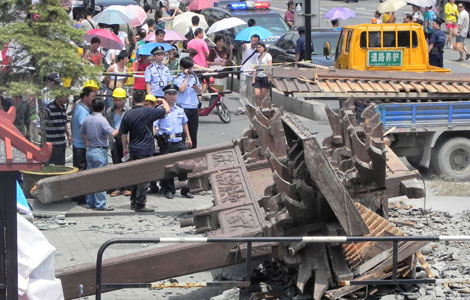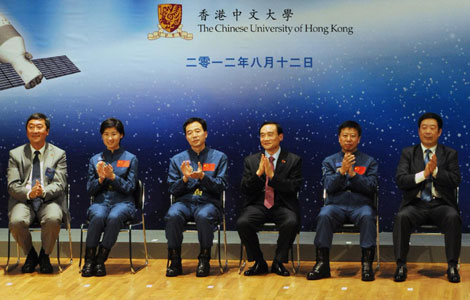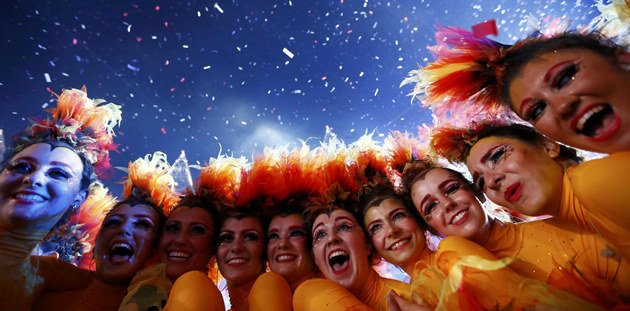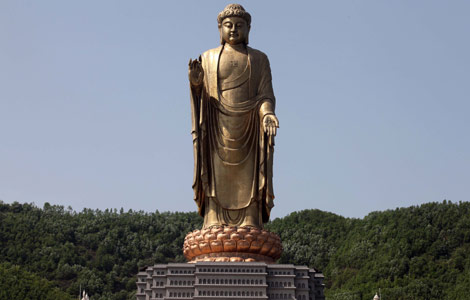Culture Week tells Beijing’s story to the world
Updated: 2012-08-10 16:29
(China Daily)
|
|||||||||||
Q: Why is the Beijing government hosting Beijing Culture Week during the london Olympics? Who is the event’s target audience?
A: beijing hosted “truly e xc e p t i o n a l g a m e s ” a s I n t e r n a t i o n a l O l y m p i c Committee president jacques Rogge said at the games’ closing ceremony in 2008.
During the beijing Olympics, London hosted many cultural events in beijing, which impressed local residents with their diversity, confidence and pursuit of artistic refinement.
We are now kicking off beijing Culture Week to deliver our best wishes for the London Olympics and all Chinese athletes who will compete in the games.
beijing is open to different cultures. We not only introduce them to residents here, but also present our own culture to the world.
We hope that through the beijing Culture Week more people will learn about the true China, its culture and its achievements since the reform and opening up.
Q: What makes Beijing’s culture unique? How will Beijing Culture Week present it to the world?
A: beijing inherits traditions and embraces the future. As a capital city for 800 years in a 5,000-year-old civilization, beijing inherits splendid traditional Chinese culture. In beijing Culture Week, we will bring peking Opera, Kunqu Opera and acrobatics, among other performances that appeal to people interested in traditional Chinese culture. people will also see the beijing symphony Orchestra playing the world’s most classic compositions. We will also present China’s own Three Tenors: Dai Yuqiang, Warren Mok and Wei song. I met placido Domingo in beijing recently, and he said he was impressed by the Three Tenors of China. You may soon see their cooperation.
Q: What legacy has the Beijing Olympics left for the city?
A : W e i n i t i a t e d t h e philosophies of green Olympics, High-tech Olympics and people’s Olympics in 2008. The philosophy has endowed our storied city with new appeal.
We have better awareness of environmental protection now, and we work hard on improving the air quality and tackling traffic congestion.
We w o r k t o i n t e g r a t e technological innovation and the historical city. A more human-oriented philosophy is widely accepted, and we make policies to improve people’s life.
Q: Beijing now identifies itself as an international city with Chinese characteristics. Could you further explain this new identity?
A: beijing has the openness of an international metropolis — for example, every day in the city, cultural events from various countries are staged.We will build 100 more theaters to host more cultural events from different countries.
At the same time, as the capital city, beijing knows the importance of maintaining traditions.Agrand performance featuring the traditional cultures of China’s ethnic groups has just closed its curtain in beijing.
There is no universal mode for city planning. I don’t think the London mode applies to New York, nor the New York mode to Tokyo. What we can do is to explore our own characteristics and the needs of our own residents, to seek a beijing style of development.
Hot Topics
iphone,shenzhou,taiwan,hiv,school bus,house,hk,tibet,rare earth,food safety,dairy
Editor's Picks

|

|

|

|

|

|





